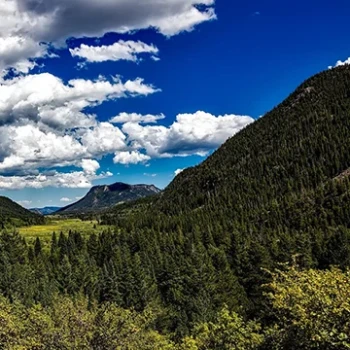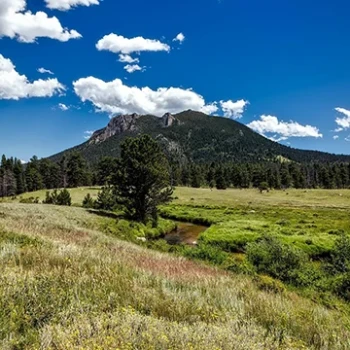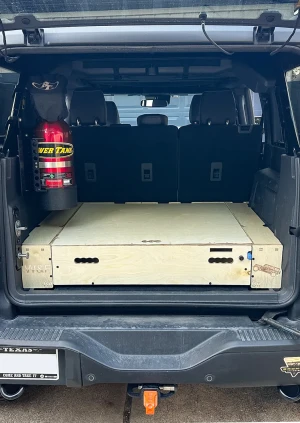Yellowstone’s Formula of Beauty: The Secret of the Landscape
Yellowstone National Park unfolds gradually, like a slowly revealing painting. Here, you feel a scale that cannot be measured in miles, only in time. For a trip, both the route and the rhythm of travel matter. In a Ford Bronco, the road feels different: you can stop at every viewpoint, make a note in your journal, or take a camera out of the cargo drawer. Small details do not get in the way of reflection, and your attention remains fully focused on the landscape.
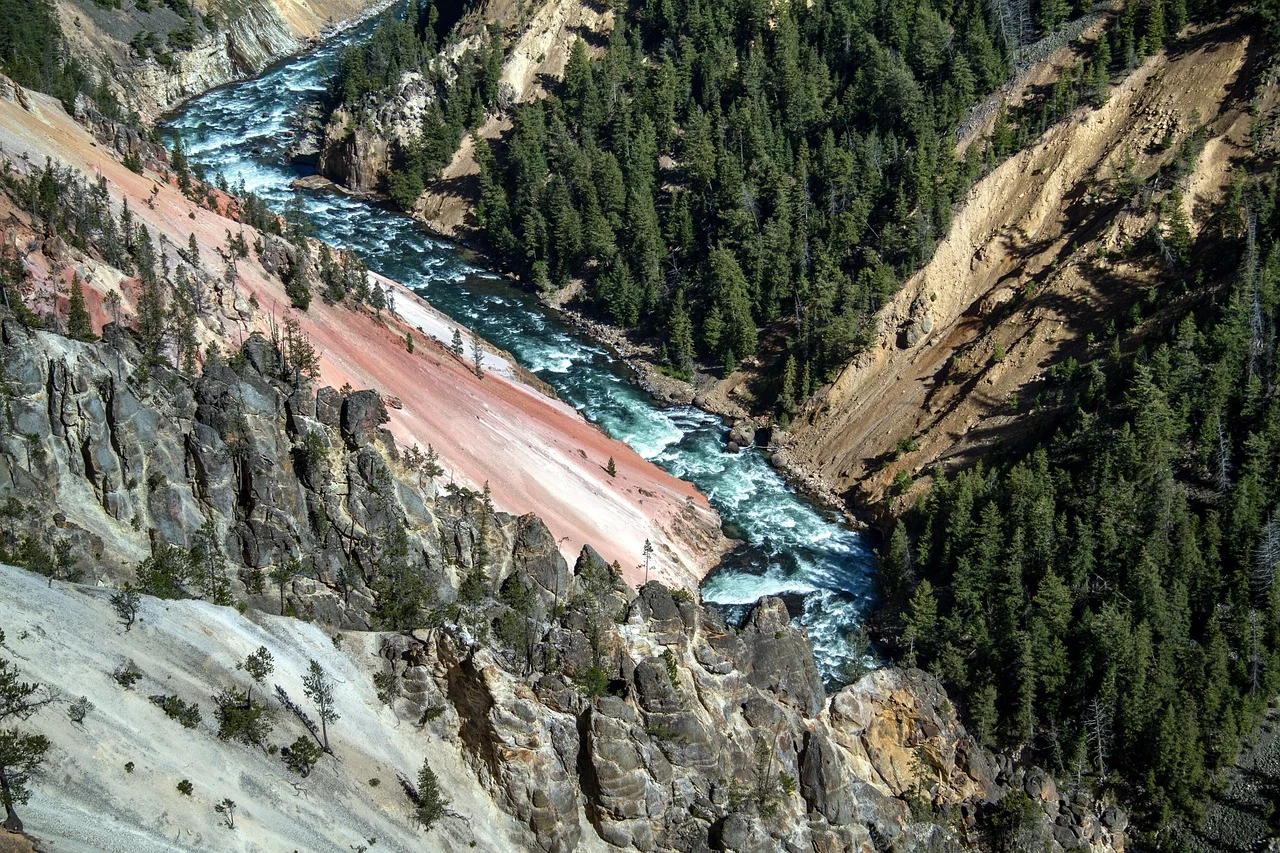
The Elements that Shaped Yellowstone’s Terrain
Yellowstone can be called living geology, where every rock and canyon bears the imprint of natural forces. Volcanic activity created a caldera, a massive crater that became the foundation for subsequent landscape changes. Lava fields and hot springs remind you of the heat locked deep within the Earth.
For millions of years, ice and water carved valleys and gorges, shaped plains and lakes, and rivers cut through plateaus, creating intricate canyons. Driving through these areas in a Ford Bronco, you notice the curves of the valleys and the slopes of the plateaus, each telling a story of the landscape and time.
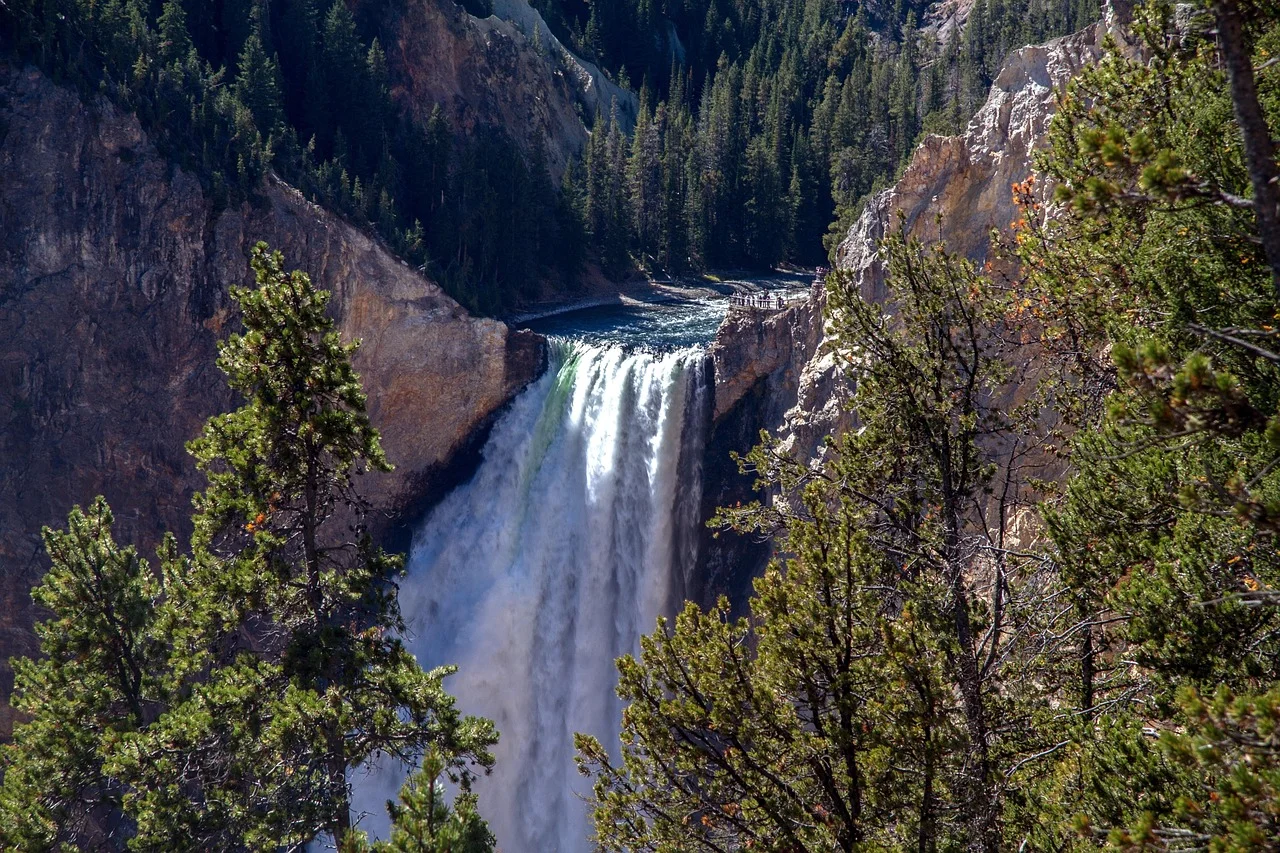
The Geometry of Wonders: Canyons, Plateaus, and Valleys
The park’s main natural features impress with their size and expressive forms. Yellowstone Canyon is a deep incision in the Earth’s crust, where the rock color changes with every step. Hayden Valley is a wide, green expanse teeming with wildlife. The cascading terraces of Mammoth Hot Springs look almost hand-carved, with visible traces of mineral processes formed over centuries.
In such surroundings, the details of the journey become important. The spacious cargo space in the Ford Bronco allows you to keep maps, binoculars, and camera equipment close at hand, capturing moments without pausing the experience.
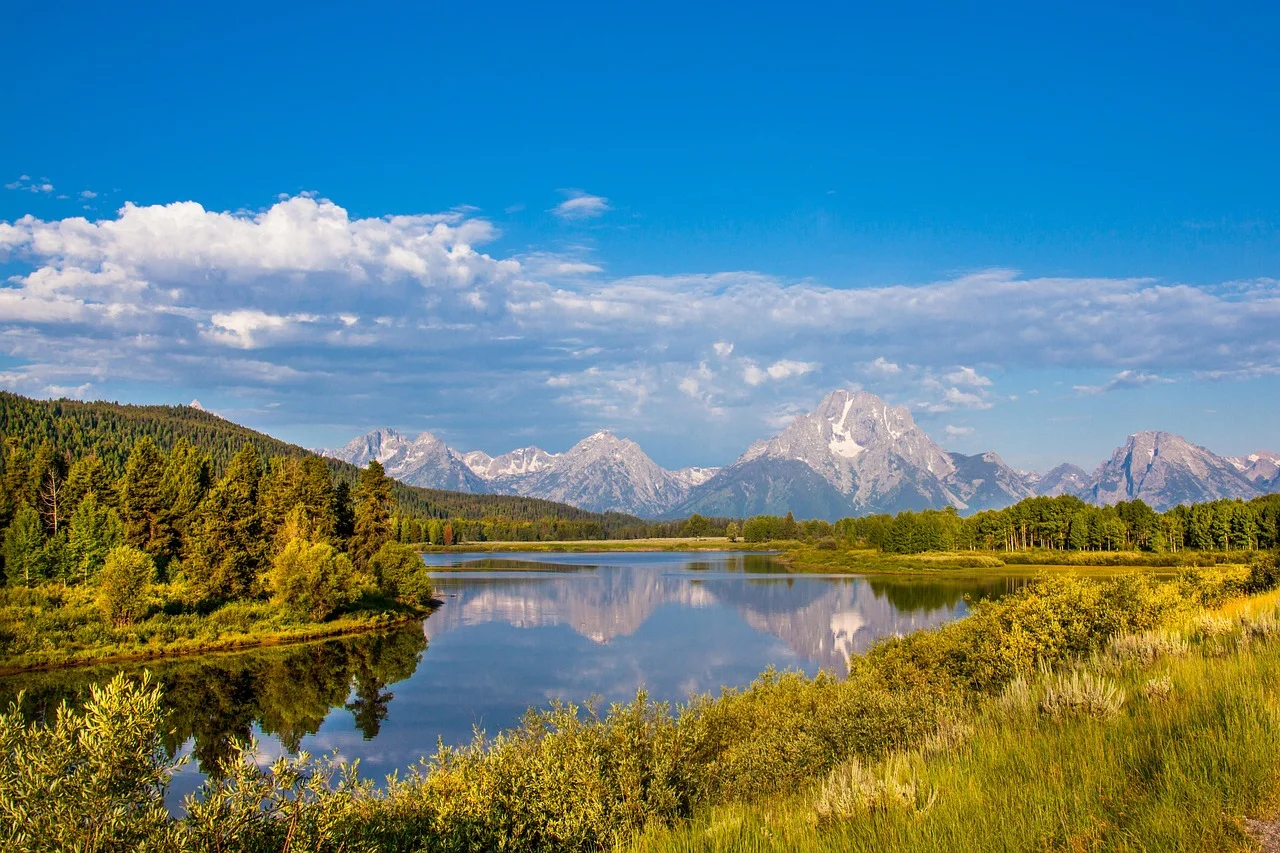
Underground Energy and Yellowstone’s Geothermal Wonders
Beneath Yellowstone lies a supervolcano, dormant yet expressing its power through geysers, hot springs, and steam vents. The landscape is in constant flux: new cracks appear, soft steam rises over pools, and unusual landforms remind you of ongoing volcanic activity.
Scientific observations record this activity, but it can be felt beyond numbers. It manifests in the slight tremor of the ground, the scent of sulfur, and the movement of water in geysers and hot springs.
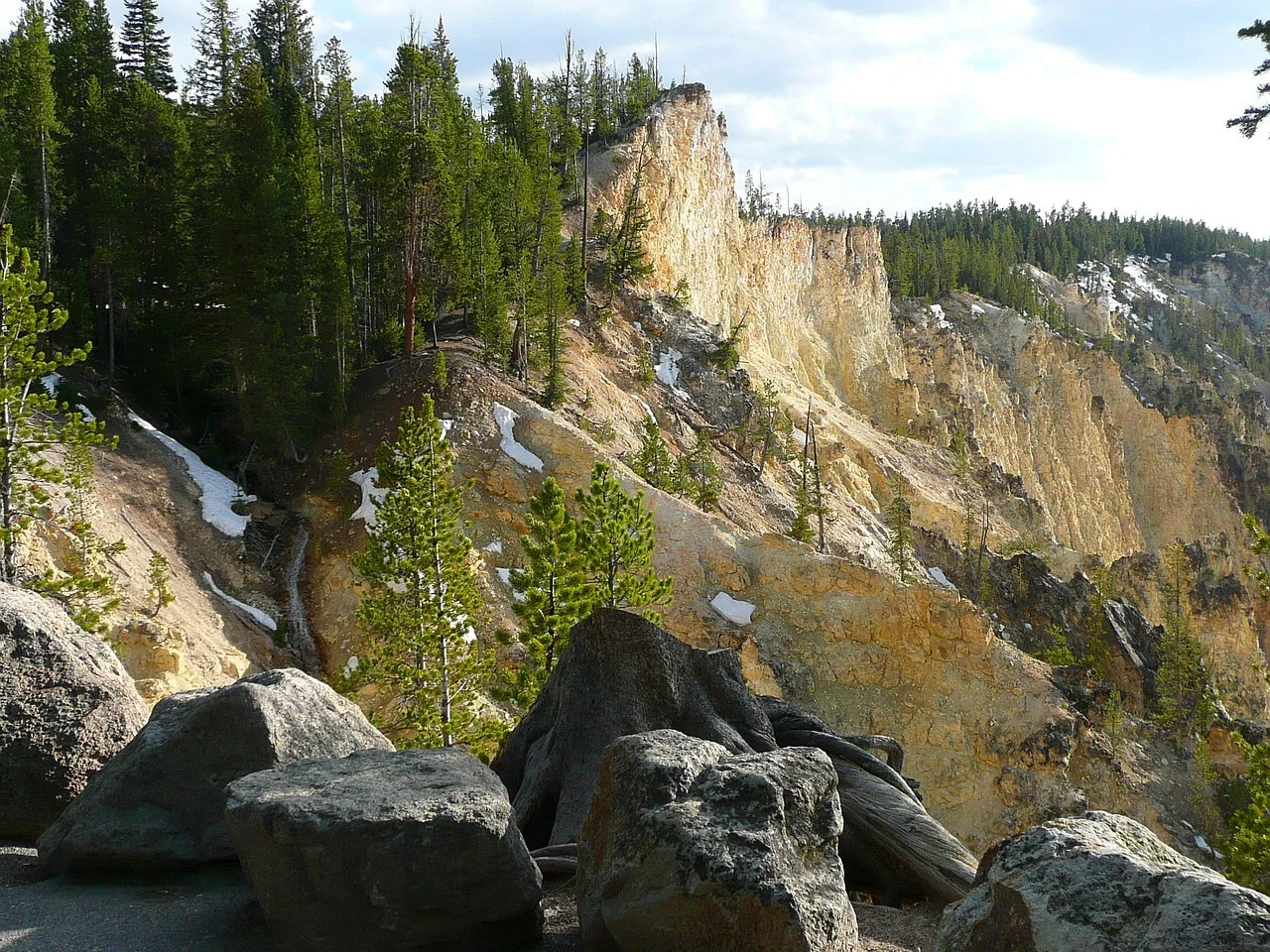
Yellowstone at Night: Nature Without Stage Design
Twilight changes the park’s contours. Moonlight reflects off lakes, silence becomes dense, and the rustle of grass and calls of birds immerse you in the wild.
For an overnight stay, the Ford Bronco, equipped for camping, is ideal. The SUV provides independence and safety, allowing you to remain close to nature comfortably.
At night, the clear sky is especially striking. The Milky Way, shooting stars, and even distant galaxies are visible, creating a sense of scale and eternity.
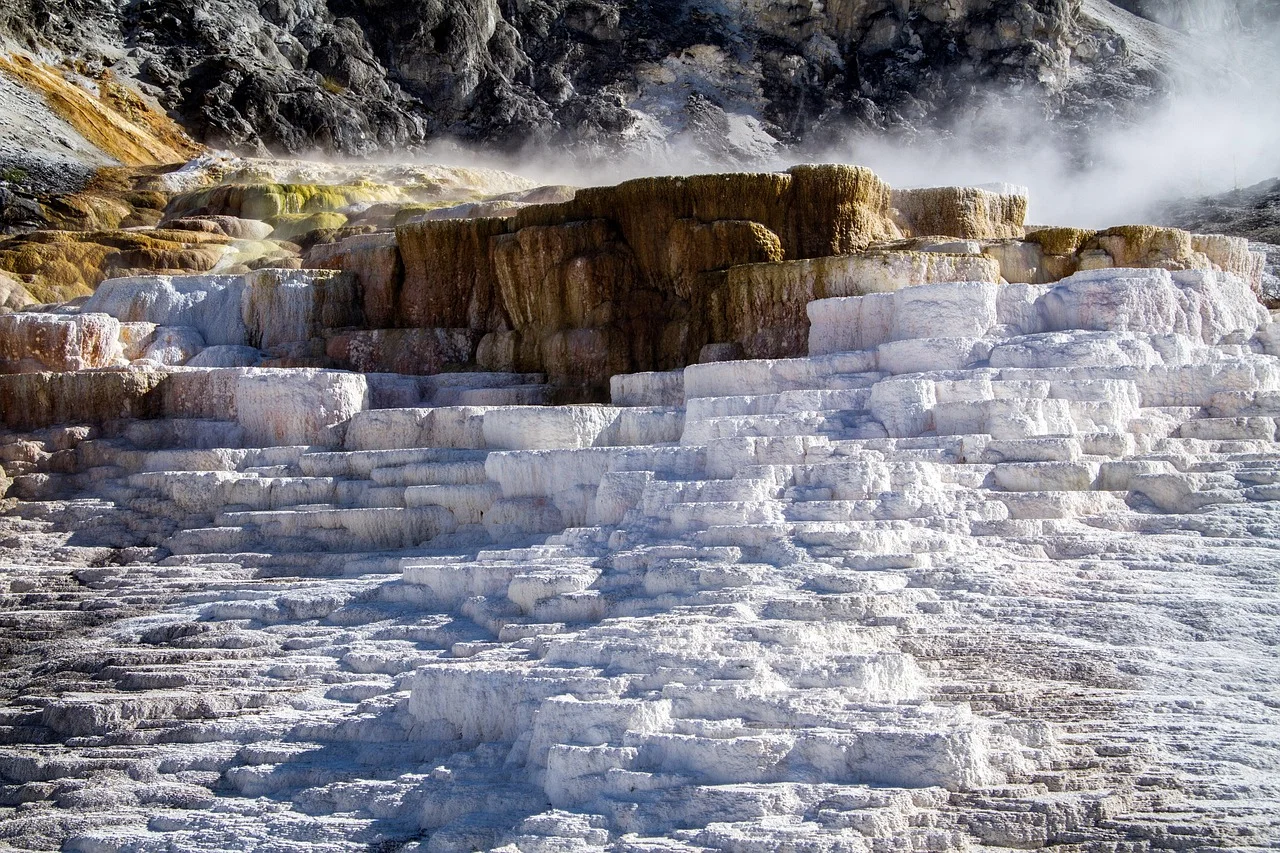
Before the traveler’s eyes, Yellowstone reveals the harmony of three elements: fire, water, and time. The caldera, canyons, lakes, and valleys are only the visible part of an equation where every detail speaks of millions of years of geological history. In this space, a person remains an observer of continuous processes.
Discover Yellowstone. Behind the wheel of a Ford Bronco, you can see the park from different angles and fully experience every moment of the journey.




